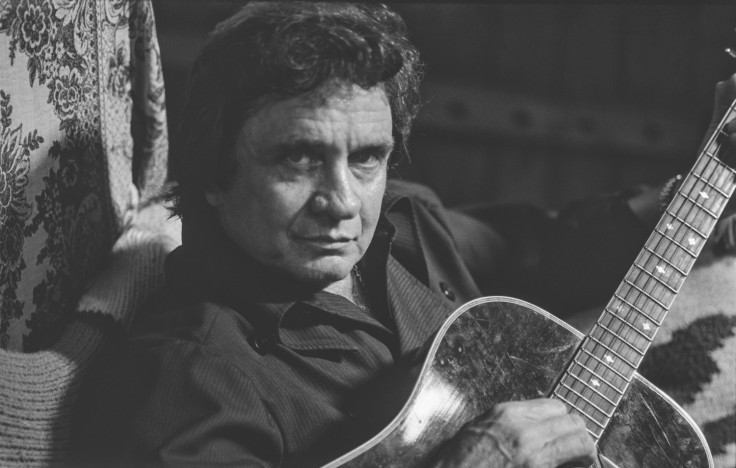
Johnny Cash will now be representing the state of Arkansas in the U.S. Capitol.
The state will be replacing its current representatives, two obscure figures from the past, with a bust of the "Ring of Fire" singer.
Former Governor Asa Hutchinson reveals that young people did not recognize the figures who currently appeared for the country, ABC News reports. The decision to replace them was made after "there was recognition broadly that it was time for a change."
"I remember giving tours to constituents from Arkansas, to young people, and I would point out the two representatives in Statuary Hall in our United States Capitol from Arkansas," Hutchinson, who also served in Congress, said. "And they would say, 'We've never heard of them.'"
After they stood for the state's history in the building for more than 100 years, the two, little-known individuals from the 18th and 19th centuries are being replaced by Cash and Daisy Bates.
While the Johnny Cash statue will not be implemented until later this year, Bates will be making her debut this week. She is known for being instrumental in the fight over school desegregation.
Read also: Johnny Cash's Death Anniversary: Late Singer's Son Pays Tribute to Patriarch in Heartfelt Essay
Cash was born in Kingsland, a small town in the state. Throughout his 71 years, he sold over 90 million records, with albums in country, rock, blues, folk, and gospel. Before he died in 2003, he was one of the first musicians to be inducted into both the Rock & Roll Hall of Fame and the Country Music Hall of Fame.
The statue will see Cash with a guitar slung across his back, holding a Bible. Little Rock sculptor Kevin Kresse has been selected to construct the 8-foot statue. In the past, he has created the status of Al Green, Levon Helm, and Glen Campbell.
Kresse has revealed that Cash is a formidable entry into the building, serving as a "counterbalance" to the conflict that Congress faces.
"He walked the walk and he lived what he believed. And that was just this quality that really appealed to me," Kresse said about the "Boy Named Sue" singer. "And that interior thoughtfulness was something that I really wanted to try to bring out in this sculpture."
The new statues of Cash and Bates are replacing former governor James P. Clarke, who was in office during the late 19th century and early 20th century, as well as Uriah Rose, an attorney in the 1800s. The statues had faced their fair share of controversy, especially over racist comments that Clarke made when he said the Democratic Party must preserve "white standards."
Cash died in 2003 after facing complications from diabetes. His other songs include "I Walk the Line," "Prison Blues," "Highwayman," and "One Piece at a Time."
© 2026 MusicTimes.com All rights reserved. Do not reproduce without permission.







